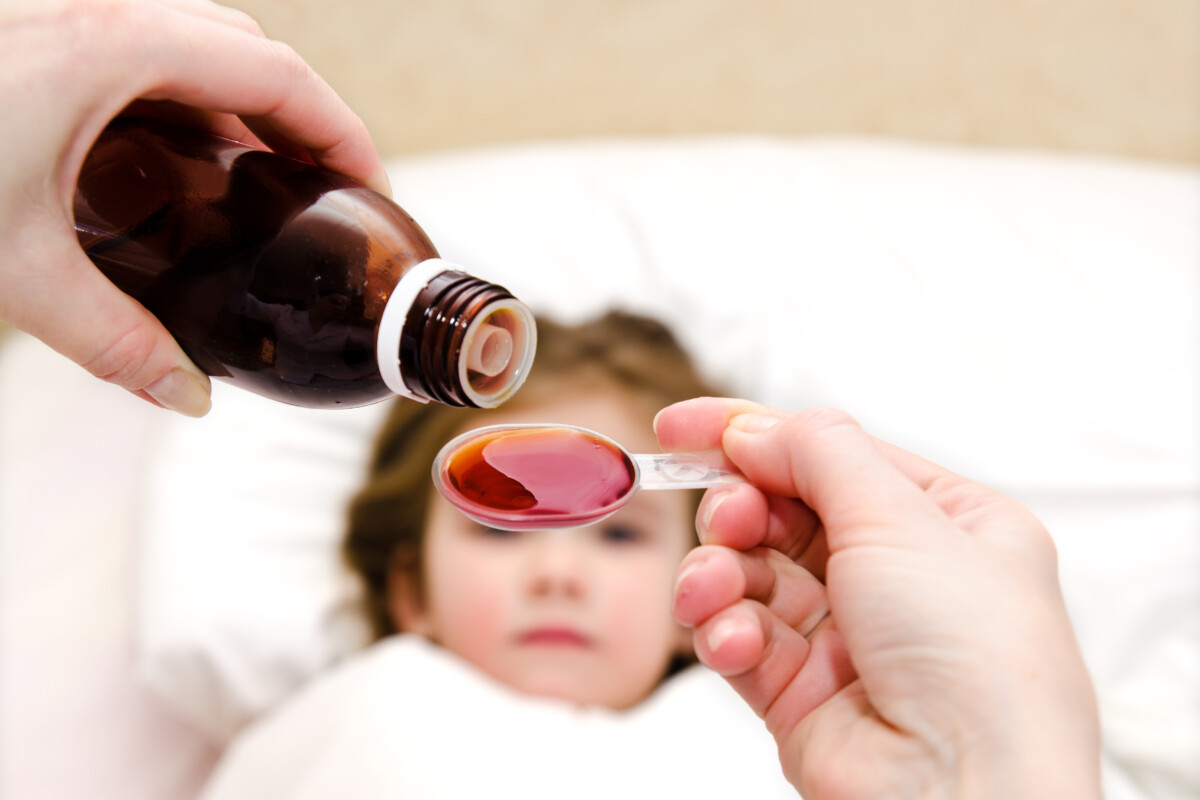Child Safety and Over the Counter Medications

Over the counter (OTC) medications are medications that can be purchased without a prescription. However, this does not mean that they are harmless. When it comes to treating children with a cough, cold or the flu, parents need to be aware that some OTC medications are not safe for children of certain ages and/or weights. In particular, no OTC medication should be given to children under 2 without first consulting a healthcare provider .
- Ibuprofen can be given to children 6 months and older, but only under the direction of a healthcare provider. Don’t give it to a child who is vomiting or is dehydrated.
- Never give aspirin to a child…..period. In rare circumstances, some children can develop Reye syndrome, a serious illness that can occur in children who have the flu or the chicken pox, especially if they have taken aspirin.
- When giving acetaminophen to a child under 2, follow the directions of your healthcare provider.
- The FDA recommends against giving OTC cough or cold medications to children under the age of 4 because of the risk of dangerous side effects. Several studies show that these medications don’t help when given to children under age 6 and serious side effects can occur. Cough drops also should not be given under the age of 4 because they can be a choking hazard.
- Some OTC cold medications already contain acetaminophen. If you are using one of these medications, do not give additional acetaminophen, as you could be giving your child a double dose.
- Pasturized honey is a safe and inexpensive cough remedy for children over the age of one. (Honey is not safe for children below age one!) Between the ages of one and five, only give half a teaspoon. From ages 6 to 11 give one teaspoon. At age 12 and over, use two teaspoons.
Medications given at the wrong age or in the wrong dose have the potential to cause serious and, in some cases, fatal, side effects.
When keeping OTC medications around the house, it is important to store them safely out of reach of children. One simple and secure method is to keep medications in a sturdy toolbox or cabinet with a lock. Children are very curious and often able to climb or crawl where their parents least expect them to. Don’t rely on your child to stay out of medication. Rely on your own safety practices.
